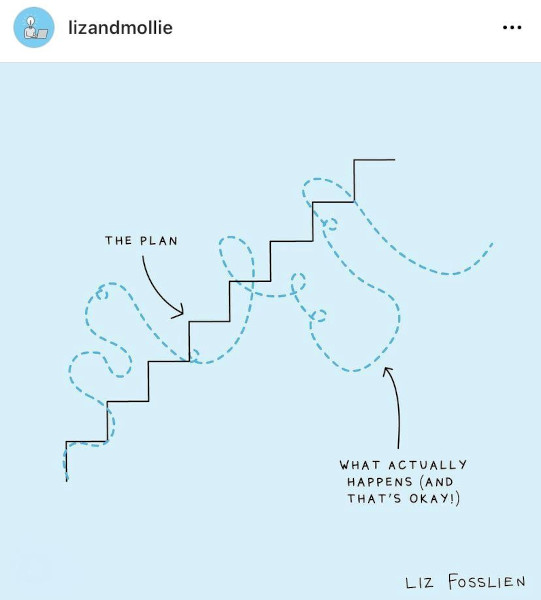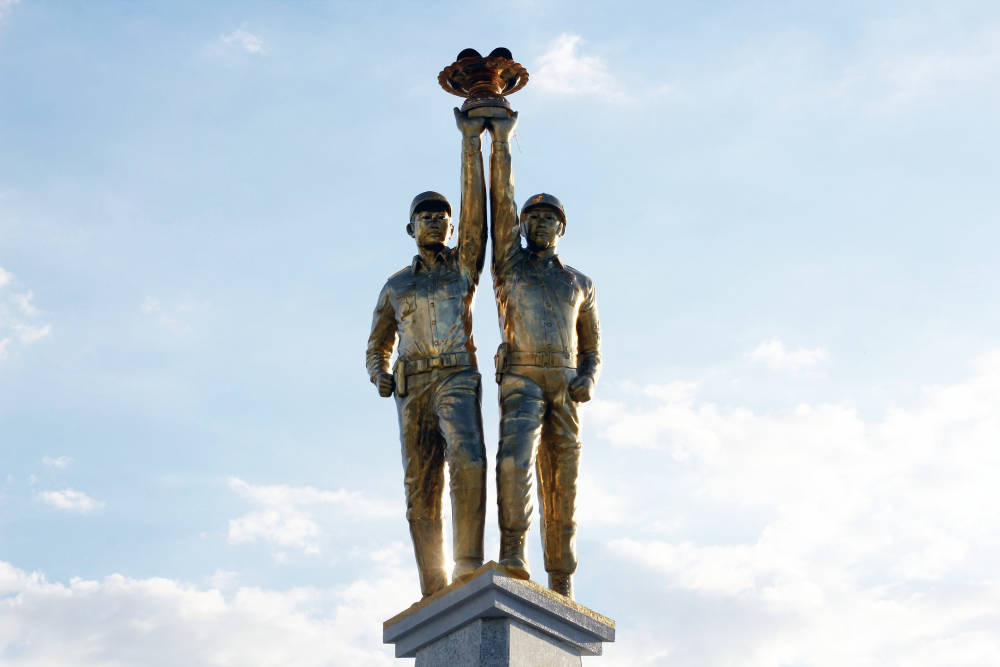[From Unsplash]
Good morning,
Now that everyone who matters has congregated at Davos, it is with much interest that we read the historian and author Rutger Bregman’s post on LinkedIn yesterday when he re-upped his comments from Davos in 2019. That was when he questioned the gathering on why the world’s super rich do everything they can to avoid taxes. His comments on stage were met with much applause from the audience and left the other panellists squirming. That is why we felt compelled to revisit some passages from his book Humankind.
“The story goes that Thomas Hobbes was strolling around London with a friend one day when he stopped suddenly to give a beggar some money. His friend was surprised. Hadn’t Hobbes himself said that it’s in our nature to be selfish? The philosopher didn’t see a problem. Witnessing the beggar’s suffering caused Hobbes discomfort, so it felt good to give the man a few coins. Ergo, his action was motivated by self-interest.
“For the last couple of centuries, philosophers and psychologists have racked their brains over the question whether there is such a thing as pure selflessness. But to be honest, that whole debate doesn’t really interest me. Because just imagine living in a world where you got a sick feeling every time you performed a kind act. What sort of hell would that be?
“The wonderful fact is that we live in a world where doing good also feels good. We like food because without food we’d starve. We like sex because without sex we’d go extinct. We like helping because without each other we’d wither away. Doing good typically feels good because it is good.
“Sadly, untold companies, schools and other institutions are still organised around a myth: that it’s in our nature to be locked in competition with one another. ‘In a great deal you win—not the other side,’ counsels Donald Trump in his book Think Big and Kick Ass. ‘You crush the opponent and come away with something better for yourself.’
“In truth, this works precisely the other way around. The best deals are those where everybody wins. Those prisons in Norway? They’re better, more humane and less expensive. Jos de Blok’s homecare organisation in Holland? It delivers higher quality at lower cost, pays employees more and leaves both staff and patients more satisfied. These are scenarios where everybody wins.”
Think that over. And have a good day!
All about monkeypox
Snippets of news are beginning to emerge about the outbreak of monkeypox and people are beginning to articulate their concerns in hushed tones about the disease. Just what is this all about? How worried ought we be? “Not very. At least not yet,” writes Anirban Mahapatra on his blog Gyandemic. Mahapatra is a microbiologist. He points out that this is not a new disease, has been around, and does not have a precedent to cause a pandemic.
“The smallpox vaccine used during eradication programs protects against monkeypox. I would guess that those of us who got a smallpox vaccine as an infant would have some protection even now against monkeypox.
“The increase in monkeypox cases in recent years could be due to lower population immunity to smallpox after it was eradicated. In Africa, it occurs mostly in kids who never got the smallpox vaccine.
“Monkeypox spreads from respiratory droplets, direct contact, and surfaces. According to the WHO, ‘Monkeypox virus is transmitted from one person to another by close contact with lesions, body fluids, respiratory droplets and contaminated materials such as bedding.’ The need for direct physical contact for spread also seems to indicate why outbreaks are usually short-lived. In the current outbreak, a high proportion of those infected are men who had sex with other men.
“There’s a theoretical but unknown risk of airborne transmission. N95 masks prevent spread when near someone who is infected. Luckily, people aren’t contagious until they’re symptomatic. This is a crucial point to remember and why stopping spread is much easier than with a virus that spreads when patients are asymptomatic.”
Dig deeper
Fluid plans
First Round Review has an interesting interview with Liz Fosslien co-author of Big Feelings: How to Be Okay When Things Are Not Okay. Fosslien and her co-author Mollie West Duffy also run the hugely popular Instagram account, lizandmollie, which captures insights through simple illustrations such as this.

(Via Instagram)
The idea is important for our current times. Here’s the relevant extract from the First Round piece:
“For our book Big Feelings, my co-author Mollie and I interviewed Dr. Laura Gallaher, an organisational psychologist. She told us, ‘We don’t resist change. We resist loss.’ By converting ambient anxiety into more specific fears, you can pinpoint exactly what you’re afraid of losing and how you might be able to avoid some of those circumstances,” says Fosslien.
But in the face of uncertainty, it's easy to get swept up in analysis paralysis—and anxiously trying to plan for every possible future scenario is hardly helpful. “Dr. Laura Gallaher told us that teams at NASA have a practice called ‘making a plan from which you will deviate.’”
Here’s how it works: When the future seems uncertain, get together as a team to figure out the 2-3 most likely future scenarios and map out a few specific next steps for each one. Call these your, “Plans from which you’ll deviate.” “You shouldn’t see your plans as set in stone. The point of this exercise is mostly to reassure everyone that you’re prepared to face what comes next as a team. This can help the group feel more confident and informed, while also creating realistic expectations,” says Fosslien.
Dig deeper
Showpiece

(Via WhatsApp)
Found anything interesting and noteworthy? Send it to us and we will share it through this newsletter.
And if you missed previous editions of this newsletter, they’re all archived here.
Warm regards,
Team Founding Fuel


